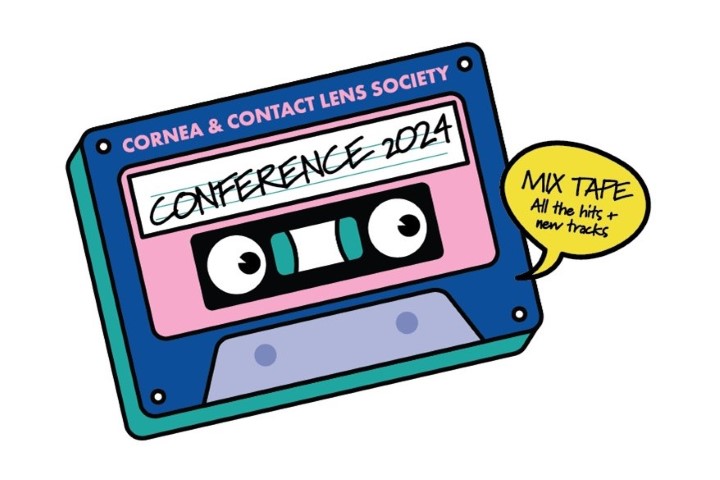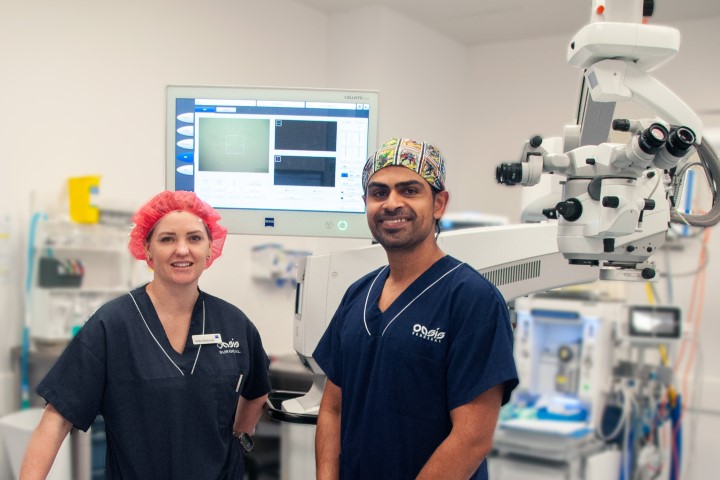Open tech standards for better healthcare
In a move which significantly improves the ability for healthcare data to be shared between platforms and could keep healthcare costs down, Google, Amazon, Microsoft, IBM, Oracle and Salesforce have committed to advance open healthcare standards such as HL7, FHIR, and the Argonaut Project. They announced their agreement to work to remove barriers to the adoption of technologies for healthcare interoperability, particularly those that are enabled through the cloud and artificial intelligence (AI), after participating in the Blue Button 2.0 Developer Conference in Washington. They also commended The White House’s Office of American Innovation for being the catalyst in moving health care beyond siloed systems and varied data standards.
Information Technology Industry Council (ITI) president Dean Garfield said the step would lead to better health outcomes for patients at a lower cost. “As transformative technologies like cloud computing and artificial intelligence continue to advance, it is important that we work towards creating partnerships that embrace open standards and interoperability,” he said.
“The healthcare industry’s shift to the cloud gives the world a historic opportunity to ensure that frictionless and secure interoperability of health data becomes a reality,” said Microsoft Healthcare corporate vice president Dr Peter Lee. “Today Microsoft is pleased to make this public commitment to work with great companies, the ITI, the administration, and others to create a foundation for a more intelligent, more cost-efficient, and more satisfying healthcare system.”
“At Google Cloud, we are committed to enabling interoperability of healthcare data through AI and the Cloud,” said Dr Gregory Moore, vice President of healthcare at Google Cloud. “We are pleased to join others in the technology and healthcare ecosystem in this joint commitment to remove barriers and create solutions for the adoption of technologies for healthcare data interoperability. This will enable the delivery of high quality patient care, higher user satisfaction, and lower costs across the entire healthcare ecosystem.”
The group agreed on four foundational assumptions:
- The frictionless exchange of healthcare data, with appropriate permissions and controls, will lead to better patient care, higher user satisfaction, and lower costs across the entire health ecosystem.
- Healthcare data interoperability, to be successful, must account for the needs of all global stakeholders, empowering patients, healthcare providers, payers, app developers, device and pharmaceuticals manufacturers, employers, researchers, citizen scientists, and many others who will develop, test, refine, and scale the deployment of new tools and services.
- Open standards, open specifications, and open source tools are essential to facilitate frictionless data exchange. This requires a variety of technical strategies and ongoing collaboration for the industry to converge and embrace emerging standards for healthcare data interoperability.
- Achieving frictionless health data exchange is an ongoing process, and will need active engagement with open source and open standards communities for the development of healthcare standards, and conformity assessment to foster agility to account for the accelerated pace of innovation.
See this Chalkeyes column for more in-depth discussion on how open standards can contribute to better healthcare.



























